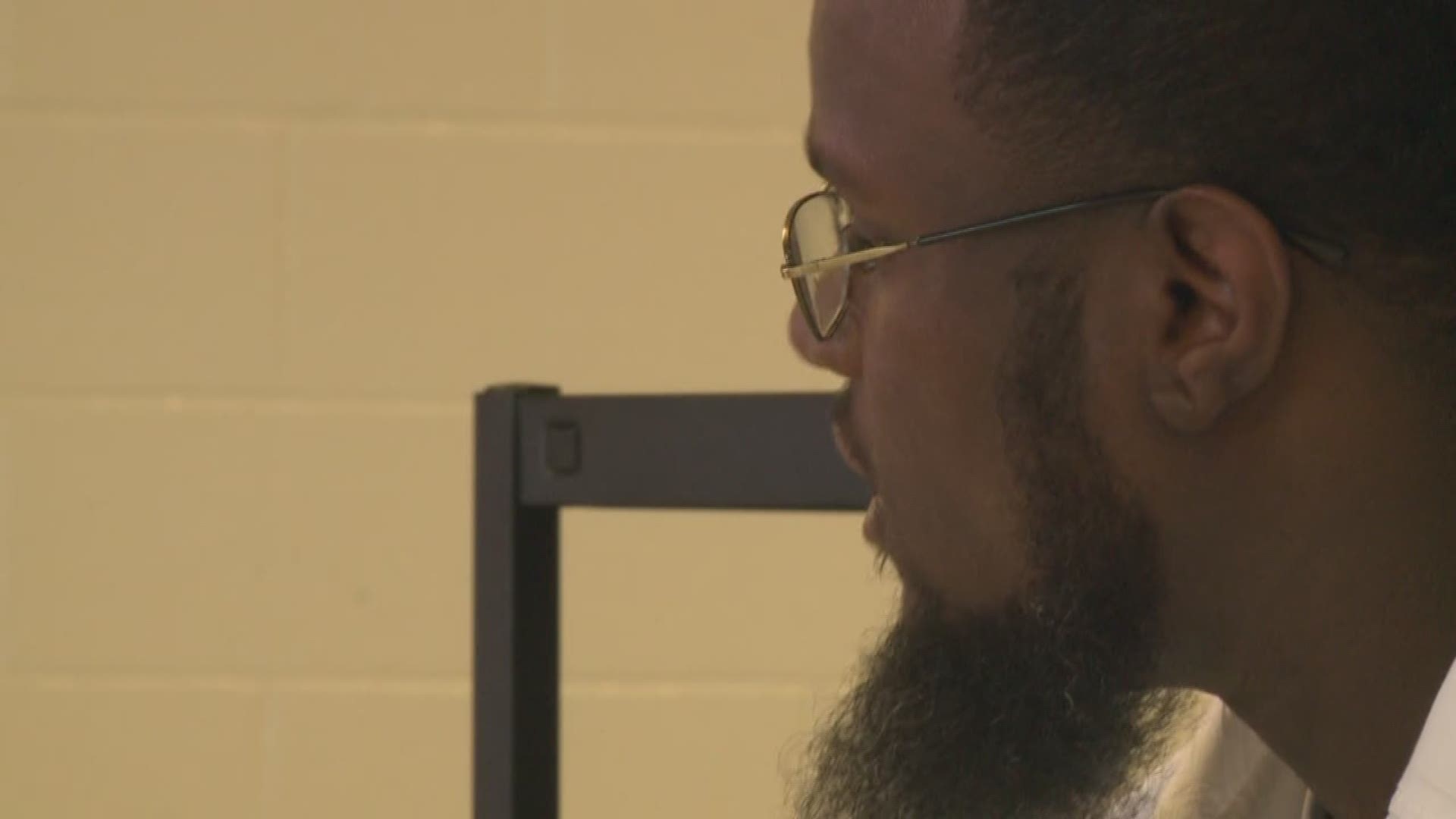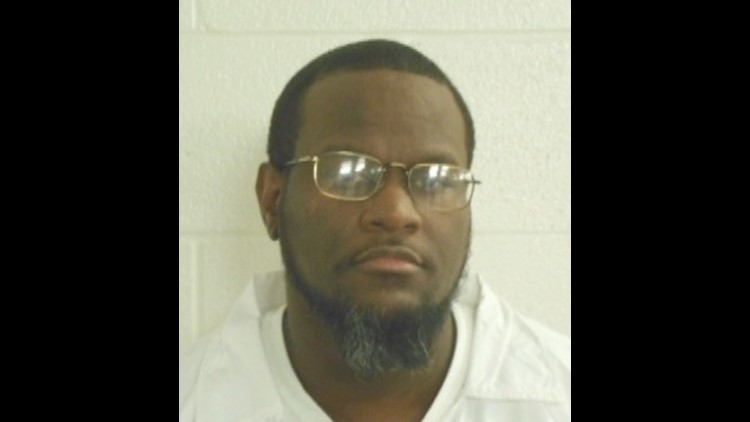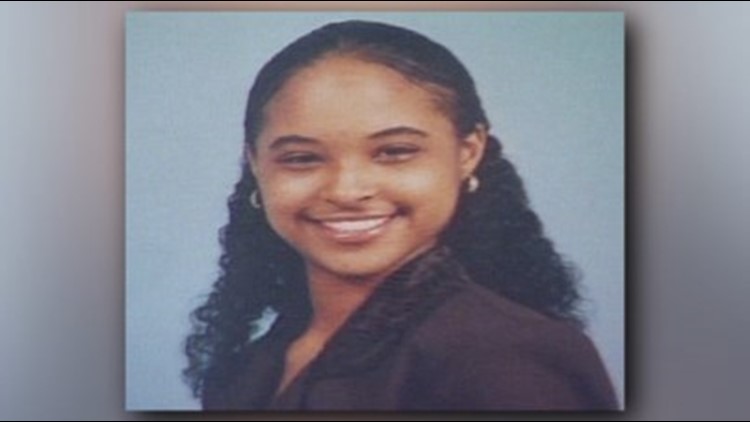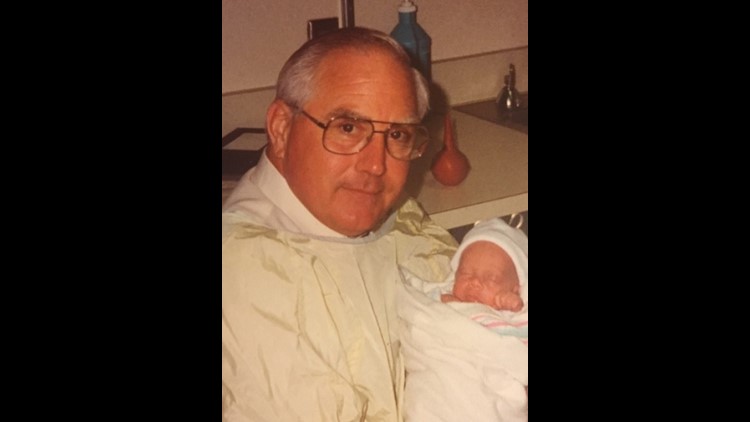GRADY, Ark. (KTHV) -- Just hours from now, Arkansans will be waiting for the state's final scheduled execution to begin.
Nearly 20 years after murdering his first victim, 38-year-old Kenneth Dewayne Williams is set to be executed on Thursday, April 27. Several families are hoping to finally feel closure with the death of the convicted murderer.
Lawyers filed paperwork Thursday morning saying they want the Arkansas Supreme Court to review a decision rejecting a hearing on whether Williams is intellectually disabled, which would make him ineligible for execution. Previously, they asked the 8th U.S. Circuit Court of Appeals a similar question.
So far, the Arkansas Supreme Court has denied all requests for stays. If it goes through, Williams will be the state's fourth execution this month.

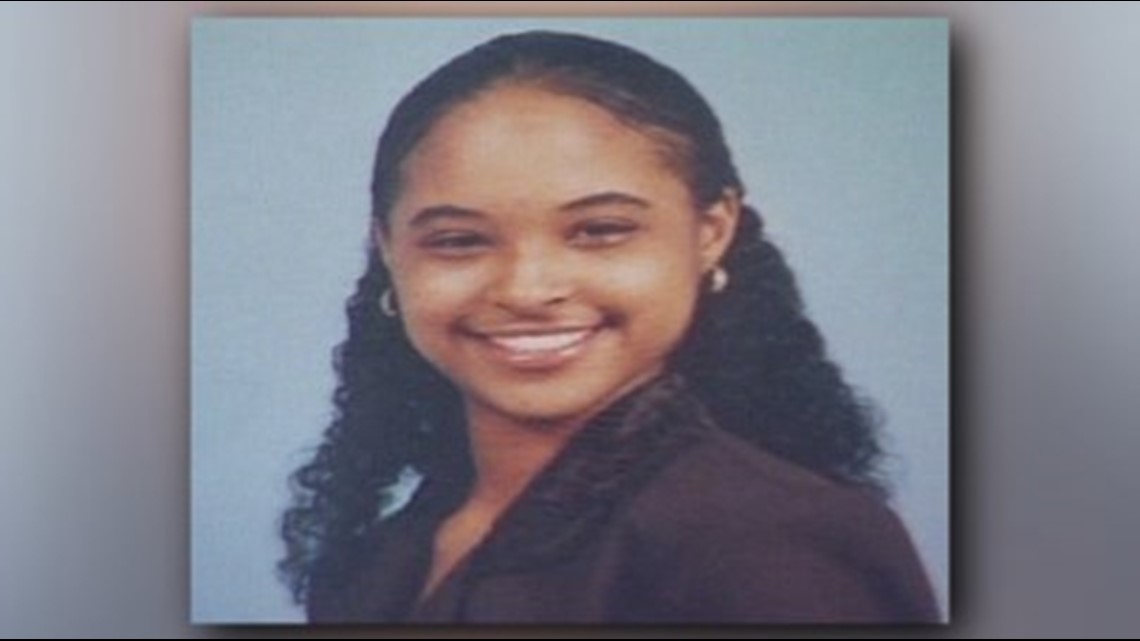
For Williams, it started at a young age.
“My father struggled with alcohol and crack cocaine addiction which often turned him violent against my mother,” Williams said in a clemency hearing.
He admits he was into drugs, was sexually abused and in a gang by nine years old.
“Having been taken advantage of in this manner I grew bitter and angry. I was guilt ridden."
He says that's why he attacked a cheerleader at the University of Arkansas at Pine Bluff, Dominique Hurd. He was convicted for Hurd’s murder, sentenced to life in prison and charged with capital murder, kidnapping, aggravated robbery, theft and arson.
On December 18, 1998, Williams kidnapped Hurd and her friend at gunpoint and forced them out of their car. After back and forth banter, Williams shot Hurd in the head.
“I am responsible for this," he said.
On October 3 of 1999, while serving his life sentence at the Cummins Unit of the state prison system in Lincoln County, Williams escaped by hiding in a hog slop-filled tank of a garbage truck.

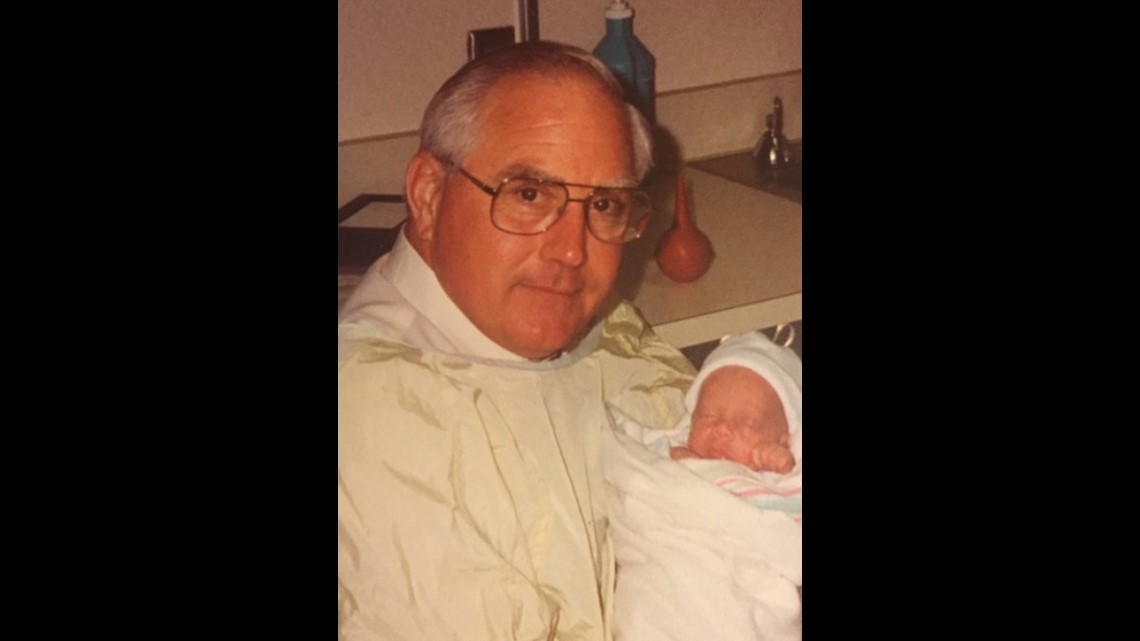
During his escape, Williams fatally shot 57-year-old Cecil Boren, who once worked as a warden at the prison, at his farm near the Cummins Unit. Williams then dragged Boren’s body to a bayou, stole his pickup truck and several guns, and then drove to Missouri where he led police on a high-speed chase.
During the chase, Williams crashed the pickup truck into a water delivery truck driven by 24-year-old Missouri man, Michael Greenwood, who died in the crash. In August 2000, 11 months after Williams was convicted of killing Dominique Hurd, a Lincoln County jury sentenced him to death for murdering Boren.

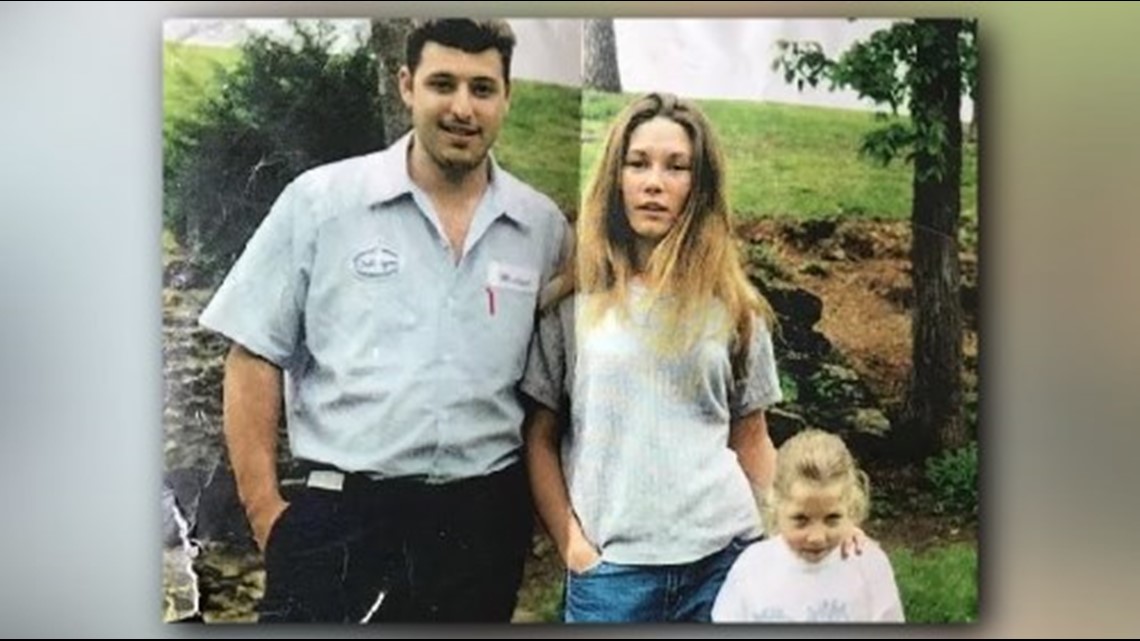
“My life has been defined by when daddy was alive and after daddy died. The man that sits on death row is the cause of the definition of my life,” said Boren’s daughter, Holly Boren King.
During the trial, the jury found one mitigating circumstance, being that Williams experienced inter-generational family dysfunction. The jury unanimously sentenced him to death. Court records state that in a letter to the editor of the Pine Bluff Commercial in 2005, he confessed to killing 36-year-old Jerrell Jenkins of Pine Bluff the same day that he murdered Dominique Hurd.
Court records state that Williams’ psychologist, Dr. Mark Douglas Cunningham, testified at length about the difficulties Williams faced growing up, his exposure to violence and drugs and his developmental disabilities. Dr. Cunningham described the type of security facility that was appropriate for Williams to ensure that he did not harm others, and he succinctly stated Williams’ theory of mitigation stemming from the prison’s actions.
In 2009, Williams argued that the prison’s failure to prevent his escape was a relevant mitigating factor in the penalty phase of his trial and that he was improperly denied funding for a corrections expert to testify regarding the prison’s negligence. The court ruled that the testimony was not a mitigating factor and denied the requested funding.
Photos: History of Kenneth Williams' convictions
Williams was scheduled to be executed on January 14, 2016. His execution was stayed, along with several others, by a judge with the Pulaski County Circuit Court. The execution was stayed due to legal challenges regarding the execution drugs.
“I found myself on my knees before God broken," Williams said.
Williams says after years in prison, he turned a page in his life. He is now an ordained minister to other death row inmates.
“I could run no more. It was time to confront my worst enemy: myself… I was a throwaway, societies reject which god has molded into one of his chosen vessels."
At his clemency hearing, he said he's not afraid to die.
“Just knowing I caused so much grief, and yet God has forgiven me shows me his love towards us all. I can’t undo what’s been done. If I could, I would. Even if it meant my very life."
But to the families whose lives he changed forever, justice is overdue and they're ready to see Williams face the harsh consequences.
“I have come to the place in my life where I forgive him for what he did but I won’t forget,” said Holly.
Boren's family spoke at Williams’ clemency hearing, saying Cecil was a grandfather loved by all, and someone who was taken from the world way too soon.
“What Kenneth Williams did was rob his wife Genie of a life with my brother. He missed 17 years of his daughters growing up. He’s got grandchildren he’s never seen,” Boren’s brother Buddy said.
With Williams’ execution on Thursday night, the state will have executed four out of the eight scheduled executions for this month.
Since Midazolam expires in a few days, the state won’t be able to schedule anymore executions unless they find more drugs, which is not an easy task.

